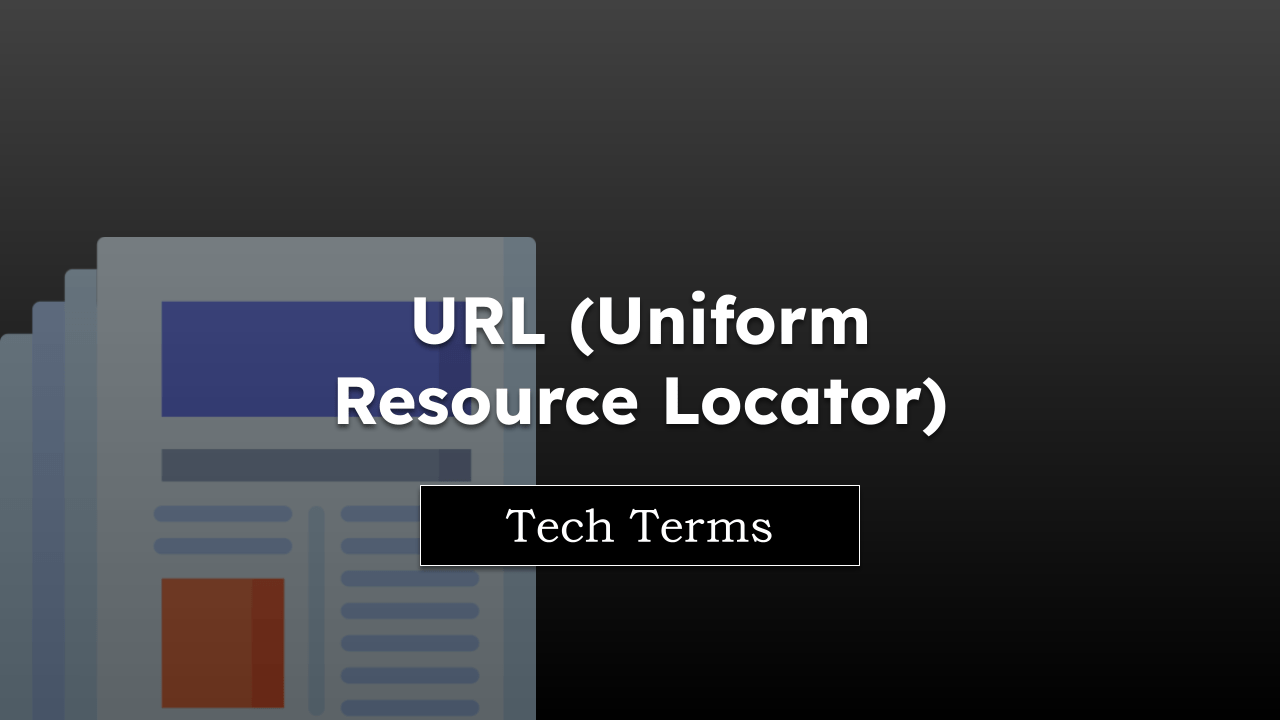When you browse the internet, a silent assistant works behind the scenes. It’s known as a User Agent. Simply put, a user agent is a tool your browser uses to introduce itself to websites.
Note: The page is part of the browser vocabulary to help you understand technical terms.
In this guide, I have shared written instruction about:
How Does It Work?
Every time you try to visit a website, your browser sends a request to that site’s server. Along with that request, it includes a string of text, the User Agent string.
This string tells the server details about your browser, operating system, and sometimes even device type. The purpose is to allow the server to deliver a webpage that works best with your specific setup.
Think of the User Agent as your browser’s ID card. Whenever it meets a server, it shows this ID, helping the server understand more about the browser and how best to interact with it.
Why is a User Agent Important?
User-Agents are especially crucial in today’s world, where people use various devices, browsers, and operating systems to access the internet.
Websites can use the information from User Agents to deliver more personalized and optimized experiences.
For example, a site may provide different page versions for mobile and desktop users or tweak its functionality based on the browser type.
User Agent in Action
To make this easier to understand, let’s consider an example.
Imagine you’re going to a global food festival. As you enter, you present a card (the User Agent) that tells the organizers where you’re from and what food you prefer. Based on this information, they guide you to the stalls serving the food that suits your taste and dietary preferences.
Just like how the information on the card helps optimize your experience at the festival, the User Agent helps optimize your browsing experience.
Bottom Line
In conclusion, a User Agent is indispensable to your online browsing experience. It acts as a bridge between your browser and the servers of the websites you visit, communicating essential information that allows servers to provide you with a more optimized and efficient browsing experience.
So, while it might be working silently and unseen, the User Agent plays a crucial role in personalizing the internet to your unique needs.
Lastly, if you've any thoughts or feedback, then feel free to drop in below comment box. You can also report the outdated information.







